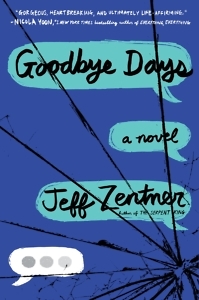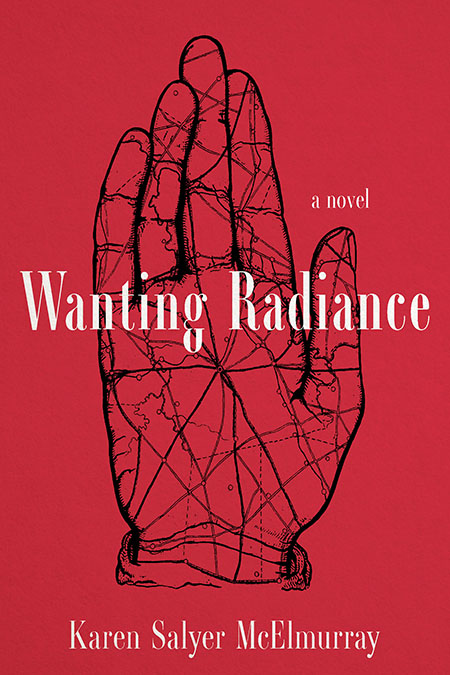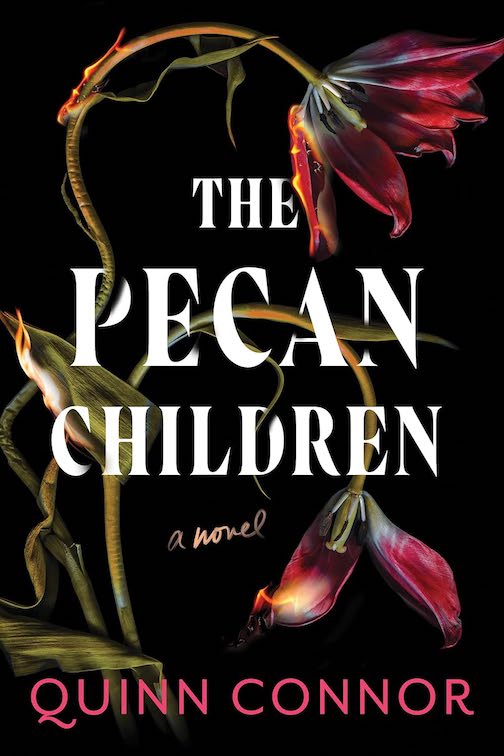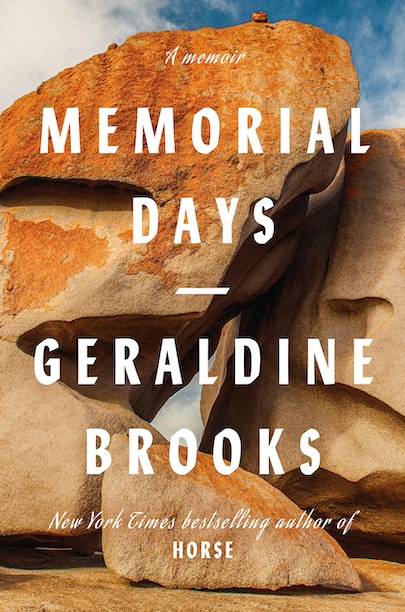Goodbye Daze
Jeff Zentner’s new YA novel explores loss by celebrating life
“Ever since I was young, I wanted to be a writer,” begins Carver Briggs, the narrator of Goodbye Days by celebrated Nashville YA author Jeff Zentner. “The possibility of creating new worlds and people fascinated me. … But guess where my love of writing took me. One day I wrote a text message that killed my three best friends. Now do I have your attention?”

Carver is all set for his senior year at the prestigious Nashville Arts Academy. He has his writing, a solid family, and the “Sauce Crew,” three ride-or-die best friends who do everything together. He’s all set, that is, until the day of the accident, when Carver makes a decision that millions of teenagers make every day: he sends a text to his friend, knowing that his friend is probably driving and will probably check his phone. The result? Three funerals for his three best friends—Blake, Mars, and Eli, three grieving families, and one aspiring writer who’s riddled with guilt and grief.
Instead of showing up at school on the first day of his senior year accompanied by his squad, Carver is alone and hated (or at least ignored) by most of his former classmates—ignored, that is, except for his only friend, Eli’s girlfriend. (Yes, this relationship is just as complicated as it sounds.) Eli’s twin, Adair, is having none of it: seeing Eli’s girlfriend hanging out with Carver, the boy responsible for her brother’s death, infuriates Adair and inspires a round of full-on Heathers-style bullying. To top it all off, Mars’s father, a stern and intimidating judge, decides to press charges against Carver for his involvement in the accident.
The result of this deluge of suffering? A very public panic attack on the first day of school, an attack so colossal that Carver hits his head on the wall and passes out. This event is the final push Carver needs to pursue counselling, a step suggested much earlier in the novel by his sagacious, wise-cracking older sister.
Carver struggles along, each day a pendulum swing of guilt, anxiety, responsibility, and despair. Then Nana Betsy, grandmother and guardian of his late friend Blake, asks Carver to participate in a Goodbye Day: a day spent doing everything the way the person you have lost would have wanted. You go fishing in the same spot and order the same food, all while telling stories (happy and sad) about your missing loved one. This Goodbye Day leads to two others, a series of experiences that take Carver on a very long, unexpected path to absolution.
 Goodbye Days provides a vivid illustration of the danger of texting and driving, but while this message permeates the novel, it doesn’t overwhelm it—the immense humanity of Carter’s grief tempers the didactic nature of a novel with a message. And Goodbye Days is far more than a cautionary tale—it’s also a meditation on loss: “A few hundred pounds of best friend and casket don’t weigh the same as a few hundred pounds of lead or feathers,” Carter observes. “It weighs much more.”
Goodbye Days provides a vivid illustration of the danger of texting and driving, but while this message permeates the novel, it doesn’t overwhelm it—the immense humanity of Carter’s grief tempers the didactic nature of a novel with a message. And Goodbye Days is far more than a cautionary tale—it’s also a meditation on loss: “A few hundred pounds of best friend and casket don’t weigh the same as a few hundred pounds of lead or feathers,” Carter observes. “It weighs much more.”
Flashback scenes and a narrative tour of Nashville help balance the heaviness of these mediations. Zentner’s bio calls this novel is, in part, “a love letter to the city of Nashville and its creative population,” and it truly reads that way. The Goodbye Days Nashville tour—think about creating one, Jeff—would include Hattie B’s Hot Chicken, Bobbie’s Dairy Dip, the Ryman Auditorium, Percy Warner Park, Centennial Park, Bellevue, East Nashville, Opry Mills Mall, WSM headquarters, and many other beloved sites.
Much of this first-person narrative is an account of Carver’s own thoughts and observations, and so the novel is also grounded in rich sensory moments. A post-funeral meal at Nana Betsy’s “smells of potluck food and the aftershave and perfume that men and women get as presents from grandchildren,” and the food is high Southern Funeral: “Turnip greens with chunks of pork. Little smoked sausages swimming in BBQ sauce. Mac and cheese with the top baked brown.” Other sensory highlights include Nana Betsy’s aging Buick, which “smells like pine and dusty tissues,” and Carver’s psychiatrist’s office, which smells of “spice and wood—warm, brown and clean.”
Like The Serpent King, Zentner’s first novel, Goodbye Days centers on a tight group of friends who must lean on each other. Both groups experience death. Both groups are forced to behave in drastically different ways to survive. In Carver’s case, he’s learning to lean on what his friends taught him when they were alive, and that’s what makes this novel about death also a novel about living. “For the most part, you don’t hold the people you love in your heart because they rescued you from drowning or pulled you from a burning house,” Carver realizes. “Mostly you hold them in your heart because they save you, in a million quiet and perfect ways, from being alone.”
Goodbye Days will save a lot of teenagers (and adults) from feeling alone. Distracted driving, anxiety, psychotropic medication, counseling, identity, bullying, and loneliness are difficult topics to talk about. Equally difficult is trying to reconcile the co-existence of hope and pain. Toward the end of the novel, Carver’s counsellor shares a painful secret from his own past: “When those memories hit me,” he says, “I feel that ache. So will you. But your life will be full enough, big enough, to absorb it, and you’ll go on.” Goodbye Days is a novel about just that—cherishing the past, taking personal responsibility, and finding a way to move on.

Sarah Carter is a high-school English teacher living and working in Lebanon, Tennessee. She is currently an M.F.A. candidate at the Sewanee School of Letters.


